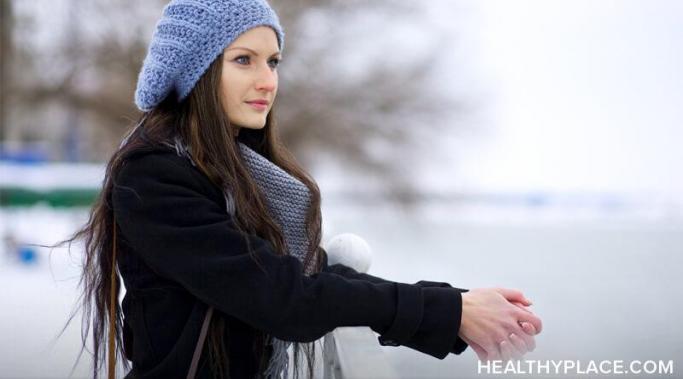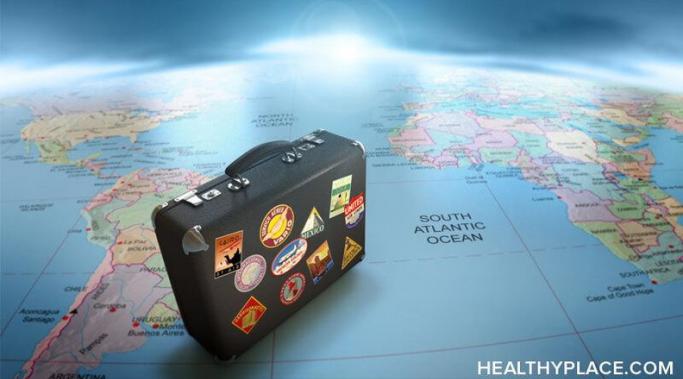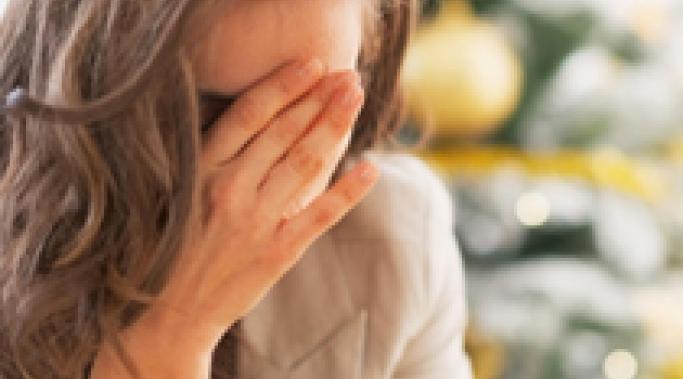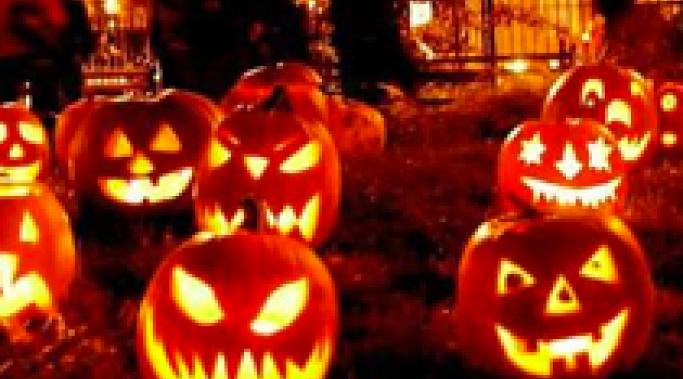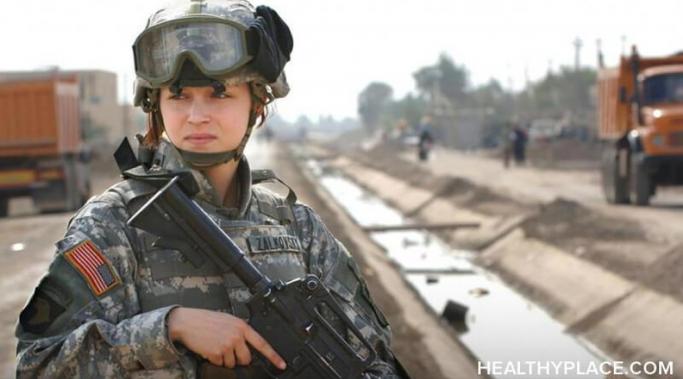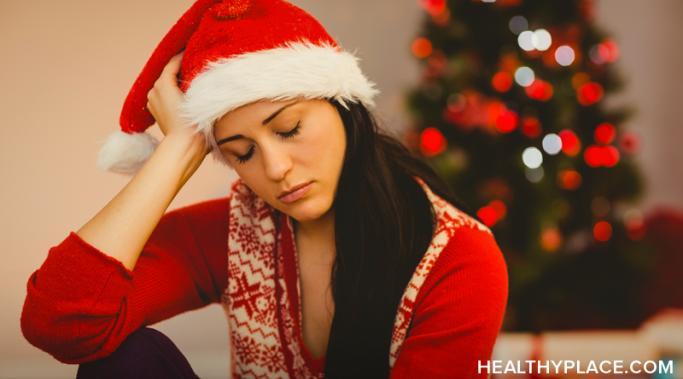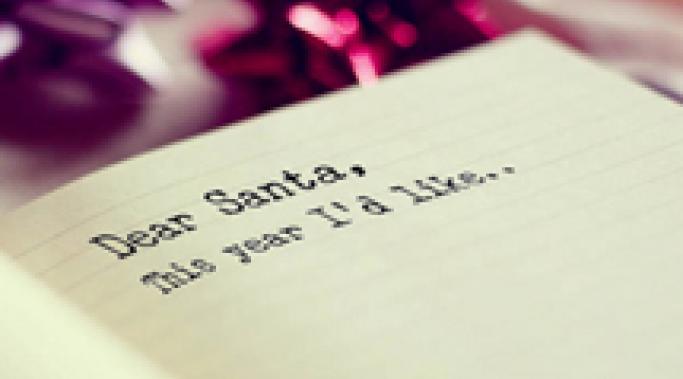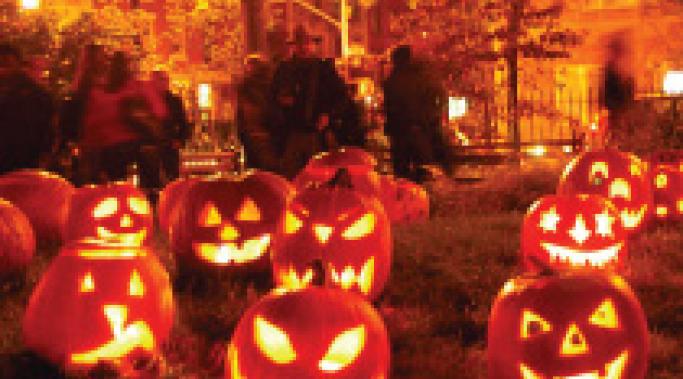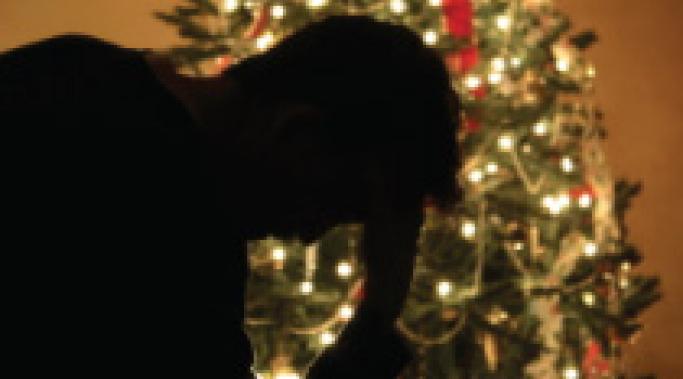Recovering from a mental illness during the holidays can be more difficult than recovering at any other time of year. The holiday season can bring additional financial, personal, and emotional stress as well as a sense of overwhelming anxiety. Seeing family members, having to purchase gifts, and juggling the added responsibilities during the holidays are all not conducive to recovering from mental illness. But recovering from mental illness over the holidays is possible with a plan and awareness of what the holidays may bring up for you.
Holidays and Recovering from Mental Illness
I've been thinking about caring for your mental health white traveling as I'm writing this on a train, traveling from Montreal to New York City as part of a vacation. While travel within the country is much simpler than travel out of the country, the following vacation tips are good advice for caring for your mental health while traveling.
If your holiday is making you depressed, you should know this is actually pretty common. While it is a mental health myth that the suicide rate goes up during Christmas, that does not negate the fact that many people find the holidays to be a drag. It's okay to feel that way--holidays are a stressful time, and our culture demands a "perfect" holiday so anything that falls short may seem like a personal failure (What Is Holiday Depression?). But the good news is you don't have to have a "perfect" holiday, and there are things to try if your holiday is making you depressed.
Halloween can be a fun holiday, but Halloween can also spread myths about mental illness. The main ones all have to do with stigma--that we are violent and unpredictable, that hospitalization is traumatic and abusive, and that there is no such thing as recovery. Mental illness is the only medical condition shown for shock value on Halloween--you never see haunted cancer wards, for example. Here are some myths Halloween spreads about mental illness and how to combat them.
Fireworks and posttraumatic stress disorder (PTSD) are a problem July 4th. I enlisted in the Army during the height of the Iraq War and was high on the list to go. Long story short, a health condition forced my discharge, but not before I watched people suffer nervous breakdowns and try to piece themselves back together in a hostile psychiatric system (What Is Combat PTSD?). That's one thing that weighs heavily on my heart as the Fourth of July approaches--the number of veterans with posttraumatic stress disorder who will be triggered by fireworks.
There are many ways to deal with holiday depression. While it is a myth that the suicide rate goes up during the holidays, holiday depression is no joke. Between the lack of adequate sunlight, the stress of being with our loved ones (I have four nephews and one niece age five and under), and loneliness at the absence of loved ones (my grandfather died on Christmas Eve when I was a child), we have a perfect storm for emotional over-stimulation. So, here are three ways to deal with holiday depression.
I have a mental health Christmas list. There's a popular Christmas song called My Grown-Up Christmas List. In the song, the musician sings about a desire for healing, peace, and friendship. In keeping with that spirit, here is my mental health Christmas list.
Mental illness stigma and Halloween go together like hand and glove--we've all seen the "haunted asylums" and the "mental patient" costumes. Rather than trying to censor this mental illness stigmatization at Halloween, we should use it as a teachable moment. We should educate people that psychiatric patients are no more violent than the general population and that we're more likely to be the victims of violent crime than the perpetrators. While there is mental illness stigma around Halloween, we can use it to educate others.
Christmas is a tough time of year for me. After my maternal grandfather died on Christmas Eve when I was a child, my mother became emotionally abusive. In addition, the often overcast weather prevents me from getting enough sunlight. Add that to the fact that everyone expects me to be cheerful and you have a perfect storm for symptoms of mental illness.
So how do we, as people in recovery from mental illness, deal with holiday depression?
Halloween and Dia De Muertos (The Day of the Dead) can be child's play. Ghosts, goblins, superheroes, Disney princesses and more bring both smiles and horror. For those with a mental illness, PTSD or panic, Halloween can conjure up very intense negative responses.
Sometimes horror flickers on the TV screen or in the movie theater, sometimes horror is found behind a mask, sometimes it comes to visit wrapped in "Trick or Treat!" Potential triggers lurk everywhere: black cats, oversized spiders, masks, horror movies and even costumes that perpetuate mental health stigma, domestic violence and much more. Ahhh, the midnight hour.
